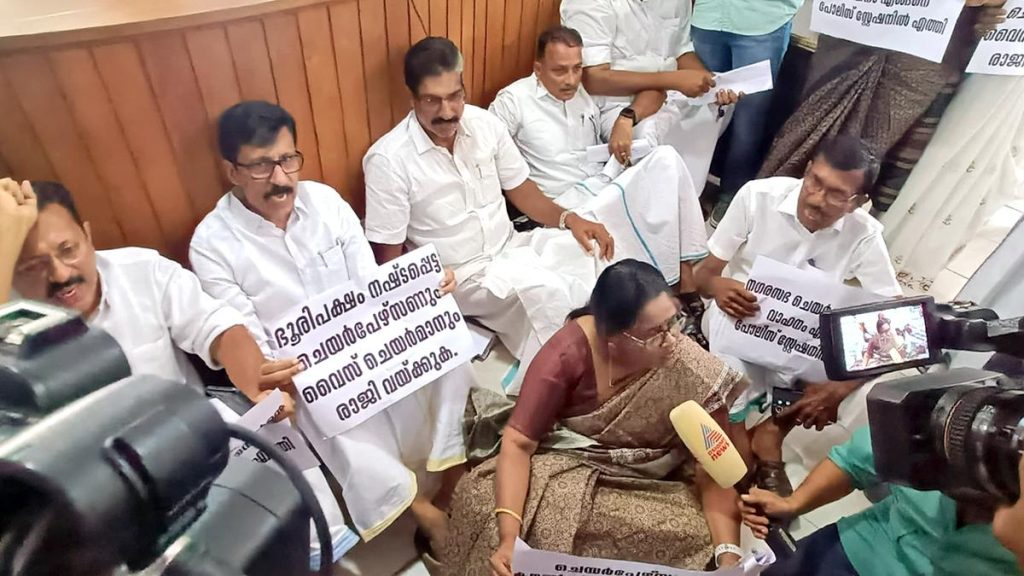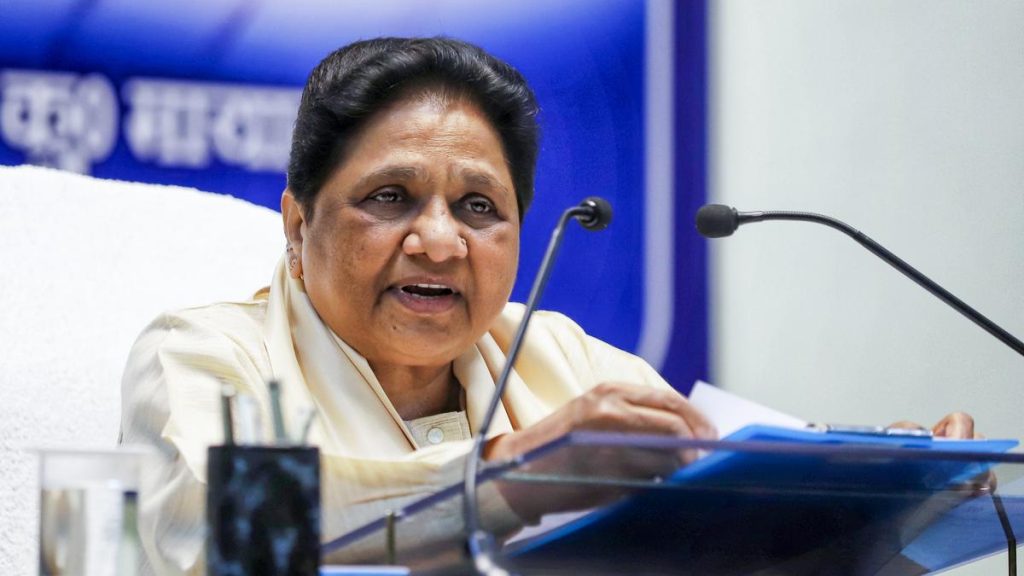Now Reading: Kozhikode MCH Takes Action to Address Cardiology Device Shortage
-
01
Kozhikode MCH Takes Action to Address Cardiology Device Shortage
Kozhikode MCH Takes Action to Address Cardiology Device Shortage

Quick Summary:
- Event: Government Medical College Hospital (MCH) in Kozhikode has temporarily halted emergency angioplasty surgeries due to a shortage of surgical devices.
- Cause: Shortage attributed to distributors halting supplies over pending dues worth hundreds of crores.
- Impact: Cardiology department informed that primary angioplasty for heart attack patients cannot be offered until balloon-tipped catheters and mesh wires are replenished. Only thrombolysis will be available as an option treatment.
- Daily Patient Load: Approximately 30 patients seek heart attack treatment at the hospital daily; nearly half may need emergency surgeries.
- Response: Hospital authorities are working on procuring devices from alternative sources to resolve the situation.
Indian Opinion Analysis:
The suspension of emergency angioplasties at a major government hospital highlights concerns about healthcare infrastructure and financial management within public health systems. With nearly 15 daily patients requiring urgent surgeries, the shortage could have serious repercussions for cardiac care delivery, particularly for those relying on government facilities. the situation underscores the critical importance of timely procurement processes and maintaining robust supply chains within life-saving medical departments.
Efforts by hospital authorities to source alternative suppliers appear essential, but this incident presents deeper questions about how hospitals ensure continuity amidst fiscal challenges involving distributors. Addressing these systemic gaps could prevent future disruptions in essential medical services across India.
























